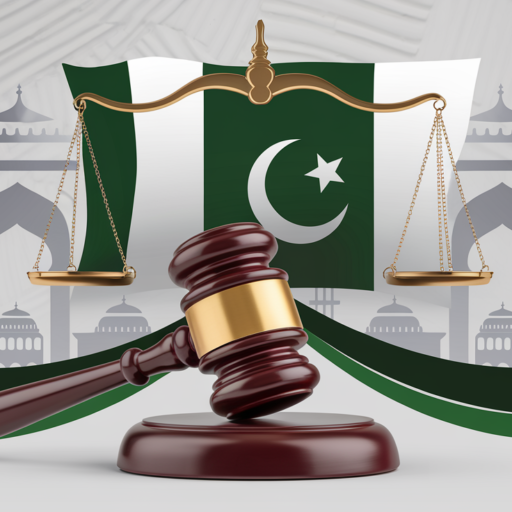Civil law in Pakistan plays a crucial role in maintaining order and justice in society by addressing non-criminal disputes between individuals, organizations, and entities. Governed by statutes such as the Civil Procedure Code, 1908, and various other legislative frameworks, civil law encompasses a broad spectrum of legal matters. In this blog, we’ll discuss four common types of civil law in Pakistan and their scope.
1. Contract Law
Contract law is one of the most significant types of civil law in Pakistan. It governs agreements between individuals and entities to ensure that obligations and promises are fulfilled. The Contract Act, 1872 outlines the principles for forming, executing, and enforcing contracts.
Scope of Contract Law:
- Drafting and reviewing contracts for businesses or personal transactions.
- Resolving disputes over breach of contract, fraud, or non-performance.
- Enforcing remedies such as compensation, specific performance, or contract cancellation.
Contract law is integral to commerce, ensuring fairness and protecting the interests of all parties involved.
2. Family Law
Family law addresses legal issues related to familial relationships, including marriage, divorce, child custody, and inheritance. It is primarily based on Islamic principles, with supplemental laws like the Muslim Family Laws Ordinance, 1961.
Scope of Family Law:
- Handling marriage contracts, dowry disputes, and divorce proceedings.
- Resolving custody battles and determining visitation rights.
- Addressing inheritance matters, including the distribution of property among heirs.
Family law plays a vital role in preserving the rights and responsibilities of individuals within a family structure.
3. Property Law
Property law deals with matters related to ownership, transfer, and disputes over immovable property such as land and buildings. The Transfer of Property Act, 1882, and other laws govern this area.
Scope of Property Law:
- Facilitating the transfer of property ownership through sale, gift, or inheritance.
- Resolving disputes over property boundaries, possession, or tenancy.
- Addressing illegal encroachments and fraudulent transactions.
Property law ensures the legal transfer and protection of ownership rights, promoting transparency in real estate dealings.
4. Tort Law
Tort law covers civil wrongs that cause harm or loss to individuals. It provides remedies for damages caused by negligence, defamation, or intentional harm.
Scope of Tort Law:
- Addressing personal injury claims due to accidents or negligence.
- Protecting individuals against defamation or invasion of privacy.
- Resolving claims related to trespass or nuisance.
Tort law upholds the principle of accountability, ensuring victims receive compensation for their losses.
Conclusion
Civil law in Pakistan encompasses various legal areas, each serving a distinct purpose in society. Understanding these types of civil law and their scope can help individuals protect their rights and seek justice effectively. Whether it’s contract disputes, family matters, property issues, or tort claims, civil law ensures fairness and accountability.
SEO-Optimized Hashtags
#CivilLawPakistan #TypesOfCivilLaw #ContractLawPakistan #FamilyLawPakistan #PropertyLawPakistan #TortLawPakistan #LegalHelpPakistan #CivilLawScope #PakistaniLaw #LegalServicesPakistan

